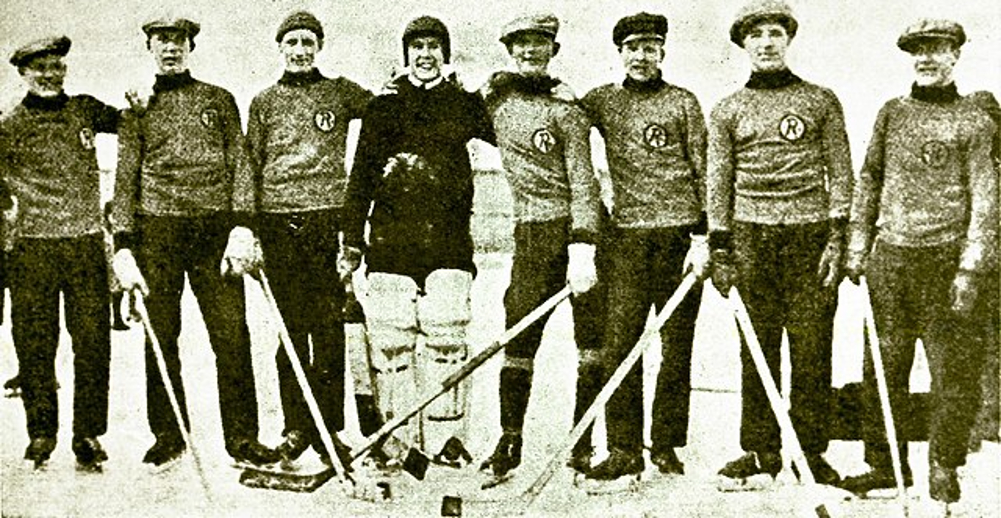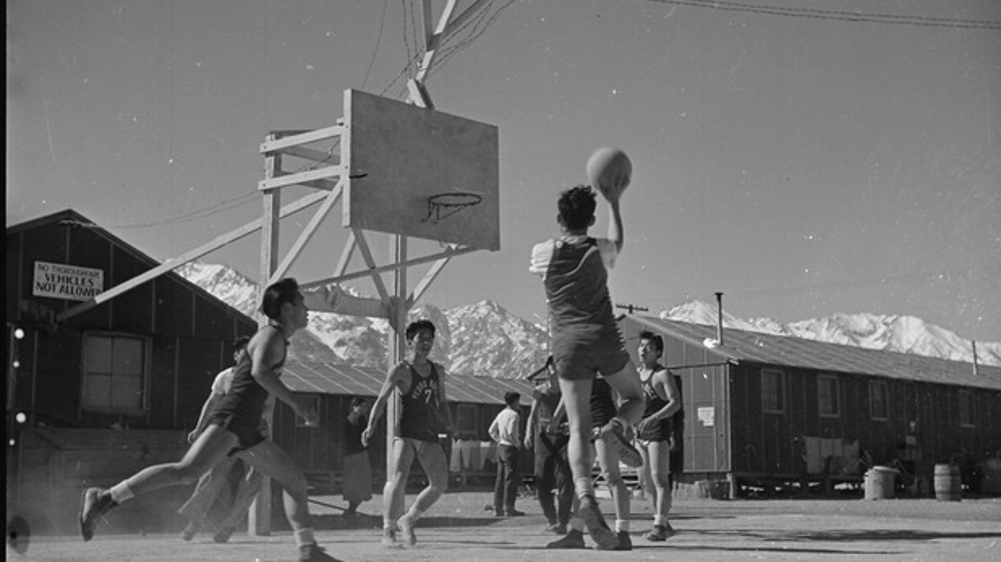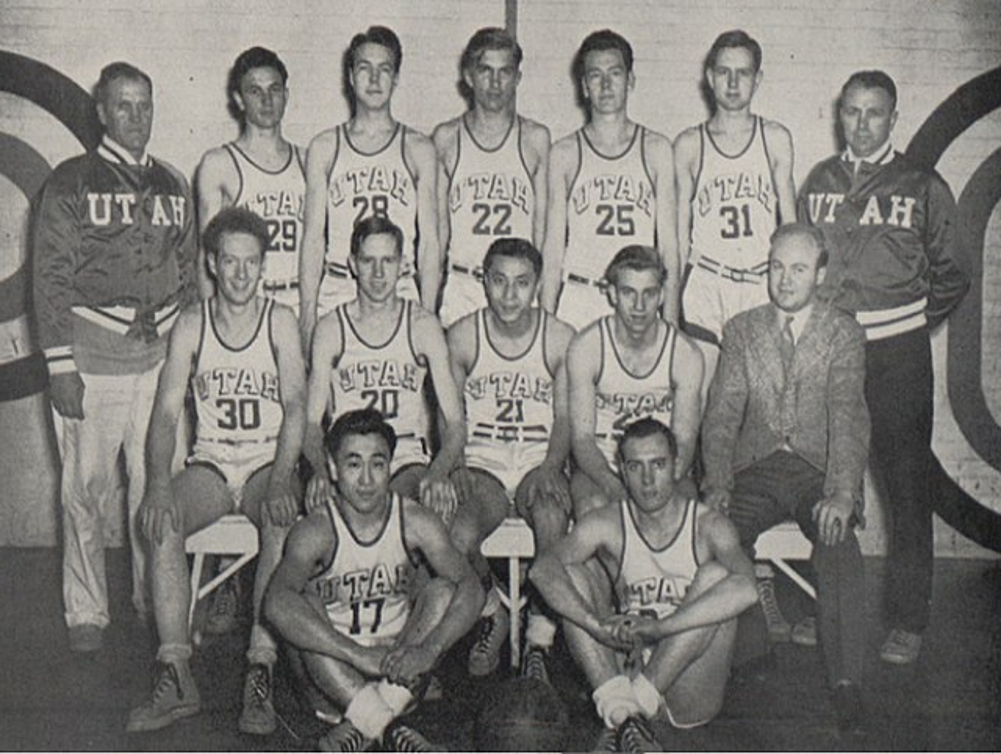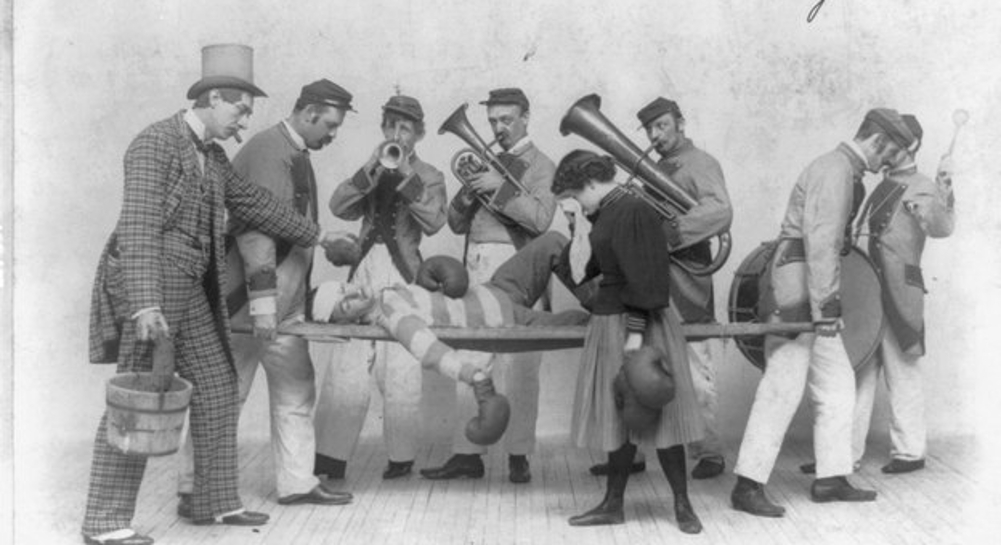Earl Monroe "The Pearl" of Basketball Finesse and Flair
Monroe possessed an unmatched arsenal of offensive moves. His signature "up-and-under" dribble and hesitation crossover left defenders bewildered, creating space for him to unleash his silky-smooth jump shot. He was a master of ball-handling, showcasing an ability to change direction and create scoring opportunities with ease.
While known for his offensive brilliance, Monroe wasn't a one-dimensional player. He exhibited a high basketball IQ and impressive passing ability, making him a valuable asset to his teammates. However, his individual brilliance sometimes overshadowed his team-oriented approach, leading to criticism and even trade talks early in his career.
In 1971, Monroe landed with the New York Knicks, joining forces with the legendary Walt Frazier. While their individual styles initially clashed, they eventually found a way to co-exist, leading the Knicks to the NBA Finals in 1973. Although they fell short of the championship, Monroe's contribution was undeniable, showcasing his ability to adapt and succeed within a team structure.
Monroe retired in 1980, leaving a legacy of unparalleled skill and artistry. He was inducted into the Naismith Memorial Basketball Hall of Fame in 1990, a testament to his impact on the game. His influence transcended generations, inspiring young players with his dazzling footwork and creative approach to the game.
Larry Bird
Despite attending a small college, Indiana State University, Bird's talent shone through. He led the team to the NCAA championship game twice, showcasing his unique combination of shooting, passing, and basketball savvy. Drafted by the Boston Celtics in 1978, Bird faced skepticism due to his physical limitations and unconventional playing style. However, he quickly silenced the doubters, earning Rookie of the Year honors and leading the Celtics to the NBA Finals in his debut season, where they fell to the Philadelphia 76ers.
His fierce rivalry with Magic Johnson and the Los Angeles Lakers defined Bird's career. Their contrasting styles – Bird, the cerebral forward, and Magic, the dazzling point guard – ignited an era of NBA dominance and captivated millions of fans. The two teams met in the NBA Finals thrice throughout the 1980s, with the Celtics emerging victorious in 1984 and 1986.
Beyond his rivalry with Magic, Bird established himself as one of the most complete players in NBA history. He won three NBA championships with the Celtics, earning three Finals MVP awards and demonstrating his ability to perform under pressure. He was a master of the jump shot, earning the nickname "Larry Legend" for his clutch performances and remarkable consistency.
Bird's impact extended beyond his statistics. He brought a sense of work ethic and dedication to the game, inspiring generations of players across the globe. He embodied loyalty, playing his 13-year career with the Celtics, becoming a beloved figure in Boston, and fostering a passionate fan base.
However, Bird's career was challenging. He battled back injuries in his later years, ultimately retiring in 1992.
Born December 7, 1956, in West Baden, Indiana, was Naismith Memorial Basketball Hall of Fame Forward, Larry Bird. This legend from Indiana State University was a college and pro hoops standout player. Bird was a 12-time All-Star, made All-NBA ten times, was a three-time League MVP, and a three-time NBA Champion with the Boston Celtics. In 13 NBA seasons Larry averaged 24.3 points per game and 6.3 assists. It was the little things he did and playing with such focus and intensity that made Bird a legend.
Kareem Abdul-Jabbar and His Enduring Impact on Basketball
Patrick Ewing Dominant Basketball Center
Ewing's collegiate career is nothing short of legendary. Leading the Georgetown Hoyas under the legendary coach John Thompson, he became the centerpiece of their "Hoya Havoc" defense and their potent offense. He was a three-time NCAA Player of the Year finalist, leading the Hoyas to three consecutive Final Four appearances (1984-1986) and a national championship title in 1984. His iconic rivalry with Michael Jordan during their college years further cemented his place in basketball history.
Drafted by the New York Knicks in 1985, Ewing embarked on a successful NBA career. Although he never reached the NBA Finals, he became a cornerstone of the Knicks, amassing numerous accolades, including 11 All-Star selections, All-NBA First Team honors, and the 1993 NBA Rookie of the Year award. His signature turnaround jump shot, defensive prowess, and leadership qualities made him a fan favorite at Madison Square Garden.
Anyone that watched basketball in the 1980s and 90s was in awe when they saw Patrick Ewing play the game. He was a star for the Georgetown Hoyas in college and then cemented his NBA legacy with the New York Knicks.
Kevin McHale The Big Man with All the Skills
Early Days and College Stardom (1957-1980):
McHale was born in Minnesota and honed his unique game at the University of Minnesota, averaging a double-double and leading the Golden Gophers to the NCAA Final Four.
He was drafted third overall by the Boston Celtics in 1980 and joined Larry Bird and Robert Parish to form the legendary "Big Three."
Celtics Domination and Personal Achievements (1980-1993):
McHale, flourished in coach K.C. Jones's system. His incredible high-post footwork, feathery midrange jumper, and underrated passing game made him a mismatch nightmare.
He won three NBA championships (1981, 1984, 1986) alongside Bird and Parish, proving their chemistry was unstoppable.
Individually, McHale earned seven All-Star selections, two Sixth Man of the Year awards, and a career shooting percentage of .554, still one of the highest in NBA history.
Beyond the Numbers: Skill and Intelligence (1980-1993):
McHale's impact wasn't just about stats. His basketball IQ was off the charts, allowing him to make intelligent decisions, read defenses, and create plays for himself and his teammates.
He was a master of the "fake," using subtle body movements and misdirection to leave defenders behind and get to his sweet spots.
His calm demeanor and clutch play under pressure earned him the respect of fans and teammates alike.
Post-Playing Career and Legacy (1993-Present):
Following his retirement in 1993, McHale transitioned into coaching, leading the Minnesota Timberwolves and Houston Rockets to playoff appearances.
He also served as an NBA executive and analyst, showcasing his vast basketball knowledge and love for the game.
McHale's impact on the game extends beyond his playing days. He's remembered as a pioneer for versatile big men, proving that skill and finesse can thrive alongside traditional size and power.
Kevin McHale's legacy is etched in the annals of basketball history. He was more than just a scorer or rebounder; he was a basketball artist, a magician with the ball in his hands, and a testament to the beauty and intelligence of the game. He forever changed the perception of what a big man could be, leaving an indelible mark on the Boston Celtics and the NBA.
Scottie Pippen Basketball HOF Forward
-Scottie Pippen: The Rightful Hand of a Dynasty
Drafted by the Seattle SuperSonics and later traded to the Chicago Bulls, Pippen's early years were spent honing his talents alongside the rising star, Michael Jordan. Their complementary styles, Jordan's offensive dominance paired with Pippen's defensive prowess and playmaking abilities, proved to be a match made in basketball heaven. Together, they led the Bulls to six NBA championships (1991-1993, 1996-1998), establishing themselves as one of the most dominant teams in NBA history.
-Impact Player
Pippen's impact went far beyond his championship rings. A seven-time All-Star and ten-time All-Defensive selection, he was a defensive stalwart, capable of shutting down the league's best scorers. His offensive repertoire was equally impressive, showcasing his ability to score, rebound, and orchestrate the offense with exceptional court vision.
While Jordan's scoring prowess often took center stage, Pippen's well-rounded contributions were undeniable. He was the ultimate supporting actor, elevating the games of those around him and leaving an indelible mark on the sport.
-Legacy of the Star
Beyond his accolades and championships, Pippen is remembered for his grace on the court, his ability to anticipate plays, and his clutch performances in high-pressure situations. He is a true legend of the game, forever etched in the annals of NBA history.
Born September 25, 1965, in Hamburg, Arkansas, was Naismith Memorial Basketball Hall of Fame Forward Scottie Pippen. The legend was on six NBA Championship Chicago Bulls teams and was a seven-time NBA All Star along with being the NBA All Star Game MVP 1994. Pippen also was on the 1992 US Olympic Gold winning teams of 1992, 96.
From Georgetown Giant to South Beach Icon
Image credit Keith Allison
Mourning's dominance began at Georgetown University, where he led the Hoyas to back-to-back NCAA championships in 1989 and 1990, earning the Final Four Most Outstanding Player award both times. He was drafted second overall by the Charlotte Hornets in 1992. He quickly established himself as a defensive force, winning Defensive Rookie of the Year and earning All-Defensive First Team honors.
In 1995, he was traded to the Miami Heat, marking the beginning of his most iconic chapter. He formed a formidable duo alongside Tim Hardaway, leading the Heat to their first-ever playoff appearance in 1997. Injuries, however, threatened to derail his career. In 2000, he was diagnosed with a potentially fatal kidney disease, forcing him to retire abruptly.
However, Mourning's story wasn't over. After receiving a kidney transplant from his cousin in 2001, he staged a miraculous comeback, returning to the Heat in 2003. His emotional return brought joy to Miami and redefined the meaning of perseverance.
In 2006, the "Zo" finally got his ring. Leading a young Heat team with Shaquille O'Neal and Dwyane Wade, he defeated the Dallas Mavericks in the NBA Finals, fulfilling a lifelong dream and silencing doubters who questioned his return.
Beyond his championship and numerous individual accolades (2 Defensive Player of the Year awards and 7 All-Star selections), Mourning's impact goes beyond the court. He symbolized hope for transplant patients, founding the Alonzo Mourning Charities to raise awareness and support. His leadership also extended beyond the Heat, as he served as president of the National Basketball Players Association, advocating for player rights and social justice issues.













